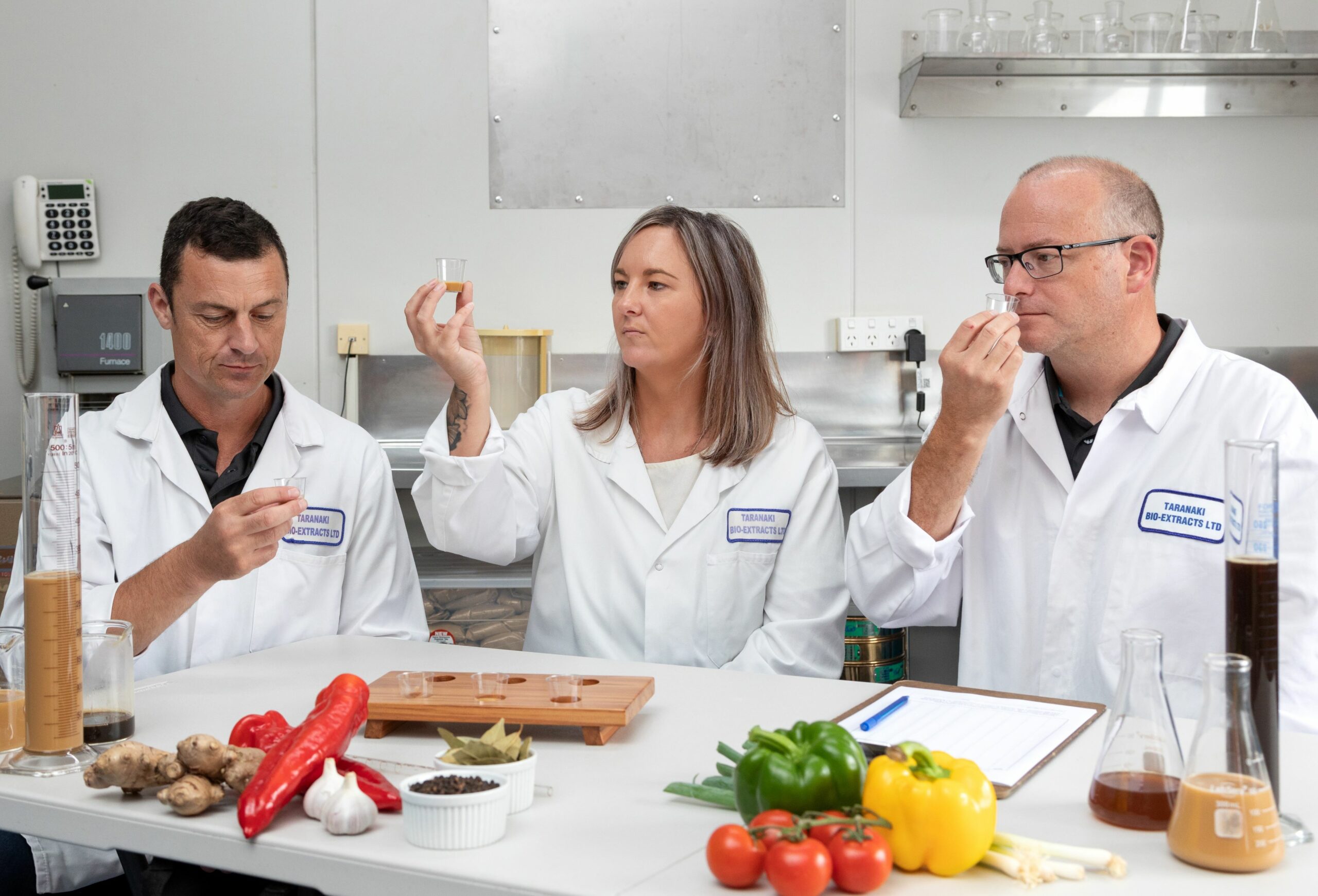Research by Innova Market Insights (2024) found more than 1 in 4 consumers see clean label products as a main route to their good health – avoiding additives and preservatives as much as possible.
Clean label is a standard that is increasingly being adopted in response to consumer demand for food products that support good health and wellbeing across the board. Because ‘healthy’ means different things to different people the term ‘clean label’ is open for interpretation, but it has come to be associated with trust in brands who align with it.
Why is ‘Clean Label’ increasingly important to consumers?
Consumers perceive clean label products as healthy and this builds trust in food manufacturers and their brands. When it comes to food labelling, ‘clean label’ is not a legal requirement, rather it’s an industry response to consumer demand.
“Consumers can feel concerned when faced with the ingredients list on product labels. The list may be a lot longer than they expect, due to ingredients added for preservation or processing. There can also be fear and uncertainty about the technical terms for food ingredients,” says Dr Mina Kalantar, Johns Hopkins University
Consumers have become cautious of excessive use of ‘scientific’ names in ingredient lists and this has both driven the ‘clean label’ movement and caused some confusion. For example, if your product contains ‘tocopherol’ and this is listed on the label, consumers may react negatively. However, if you say it contains vitamin E, there is no reaction despite that they are one and the same thing!
The Institute of Food Technologists (IFT) is currently developing some guidelines and tools that will help food science professionals correct common misunderstandings around nutritional labelling.
Consumers supporting clean label often also align with sustainable and ethical practices including animal welfare and sustainable agriculture, traceability of ingredients, and local sourcing. IFT states that consumers who generally look at this range of considerations when making purchasing decisions, are highly likely to choose clean label products.
Many customers expect to be able to trace their product to its source, including its’ main ingredients. An IBM study in 2020 showed that 71% of respondents considered traceability “very important” and would pay a premium for brands that provided it. They cite Pic’s Peanut Butter jars as having a ‘Batchinator’ QR code so customers can find out about the peanuts used in their peanut butter and where they were grown. This shows the level of consumer interest in the origin of their food.
The appeal of bone broth is already huge – it meets a strong number of consumer needs; real food, clean label, high in protein, low in fat. At Taranaki Bio Extracts we understand what it takes for a leading beef bone broth brand to both reach the top and maintain its position there. For us, as suppliers to food manufacturers, our customers ‘consumers’ are as important to us as they are to them. Our production and manufacturing process supports clean label in a number of ways enabling us to pass on these benefits to our customers brands and their consumers. In our next post we’ll share what these are, from sustainable and ethical practices through to our traceability approaches.
To learn more about Taranaki Bio Extracts 100% natural grass-fed beef bone products view our video – Butler Premium Food ingredients www.https://taranakibioextracts.com/#butler-premium-food-ingredients
Ends.
